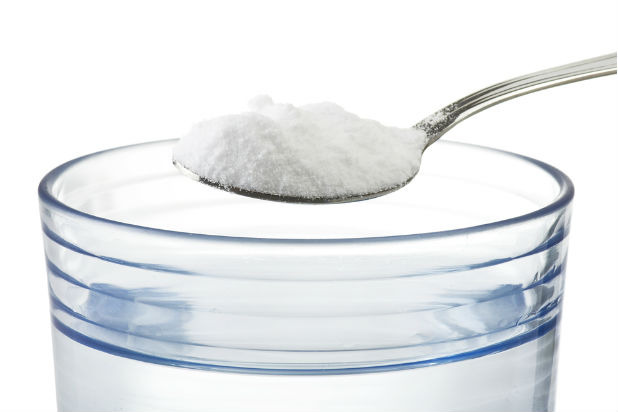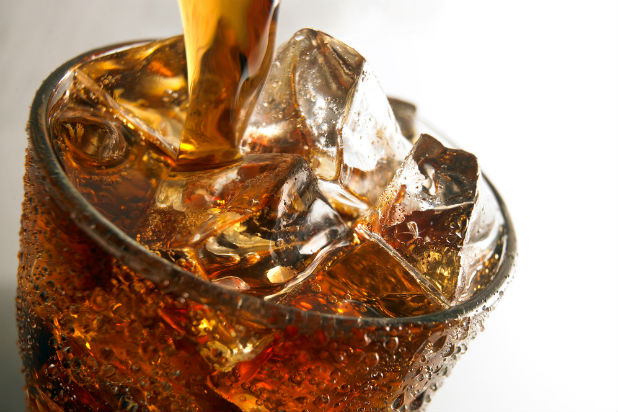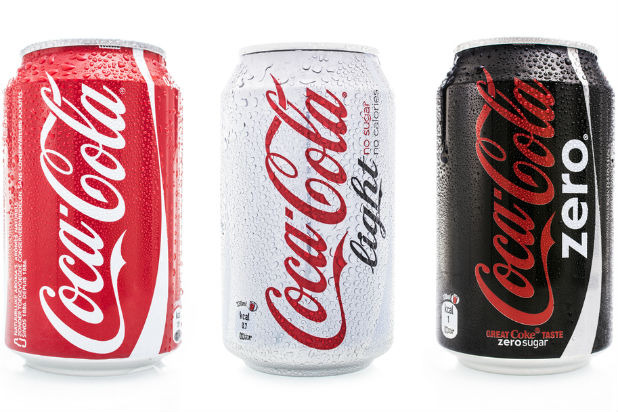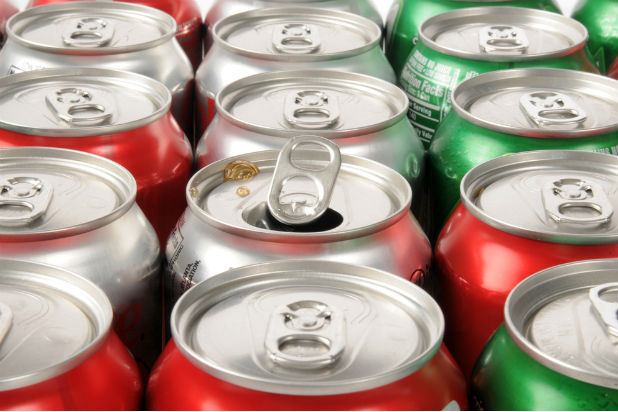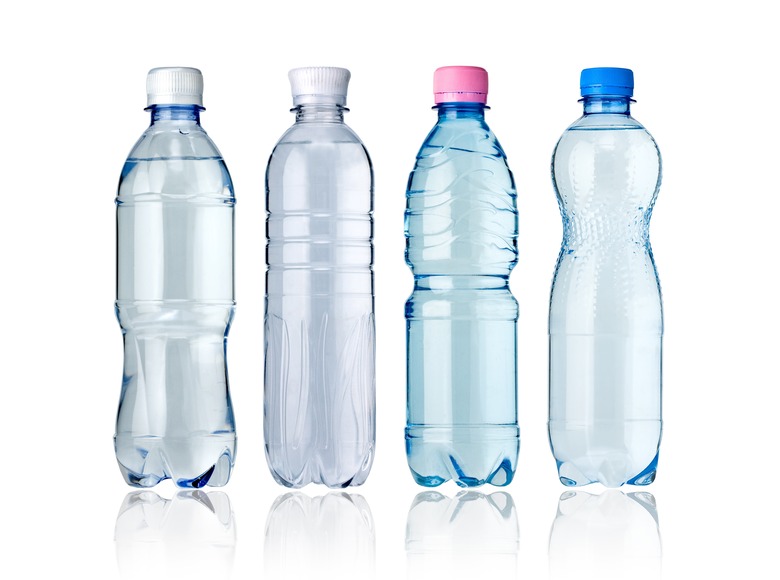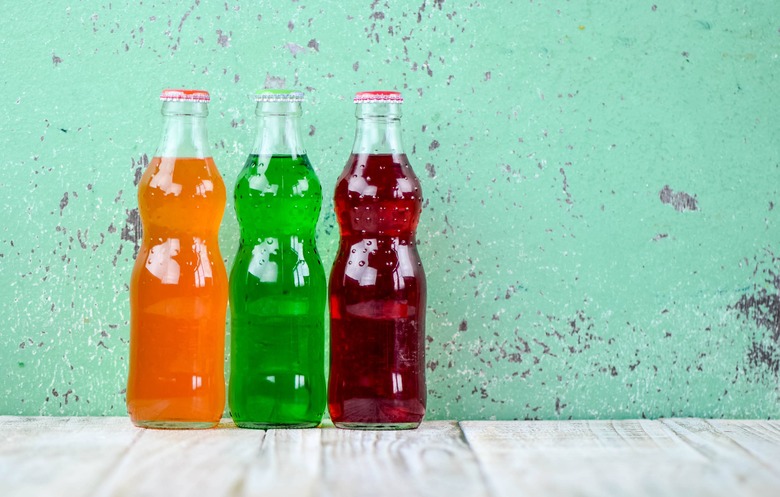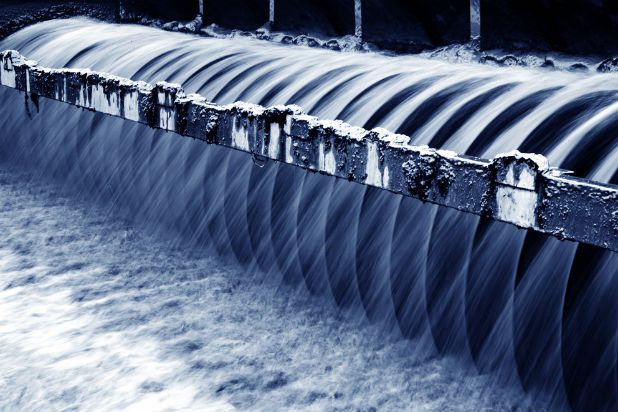10 Reasons You Should Never Drink Soda (Slideshow)
Sodas that contain caffeine can cause everything from heart palpitations to incontinence.
Sugar Content
One can of regular soda holds approximately 33 grams or 10 teaspoons of sugar. Can you imagine how much insulin your body needs to make to combat the excess sugar?
High Fructose Corn Syrup
High fructose corn syrup, found in most sodas, is manufactured using traces of mercury.
Osteoperosis
Soda has phosphoric acid which antagonizes calcium, leading to osteoporosis, bone loss, and dental decay.
Aspartame
Aspartame, found in most diet sodas, is typically used as the sugar substitute, which ironically is more harmful than sugar: aspartame may be incredibly toxic, and has been associated with everything from cancer (in a study published in Environmental Health Perspectives) to mood disorders (in a study published in Biological Psychology).
Weight Gain
Forget about beer belly, you can also get diet soda belly. Researchers from the University of Texas Health Science Center studied 475 adults over ten years. They noted a 70 percent increase in waist circumference compared to non-soda drinkers. Those who consumed two or more diet sodas daily resulted in a whopping 500 percent increase in weight size.
Cans
Soda cans have bisphenol A (BPA), which prevents acids from reacting with metal. BPA is linked to altering hormones, obesity, cancers, and infertility.
Plastic Bottles
You think switching from soda cans to plastic soda bottles is better? Think again. Plastic soda bottles and unrecycled plastic caps cause widespread damage to sea and wildlife, especially birds. The "Great Pacific Garbage Patch" is a mass of plastic debris in the Pacific Ocean and is responsible for thousands of animals dying each year unnecessarily, due to human ignorance.
Caramel Coloring
The caramel coloring found in many sodas is known to cause cancer, according to Consumer Reports.
Water Pollution
Artificial sweeteners do not break down in the body. So what happens? It enters water supplies. Scientists in Switzerland tested waste water treatment plants, rivers, lakes and found alarming levels of sucralose, saccharin and acesulfame K.

